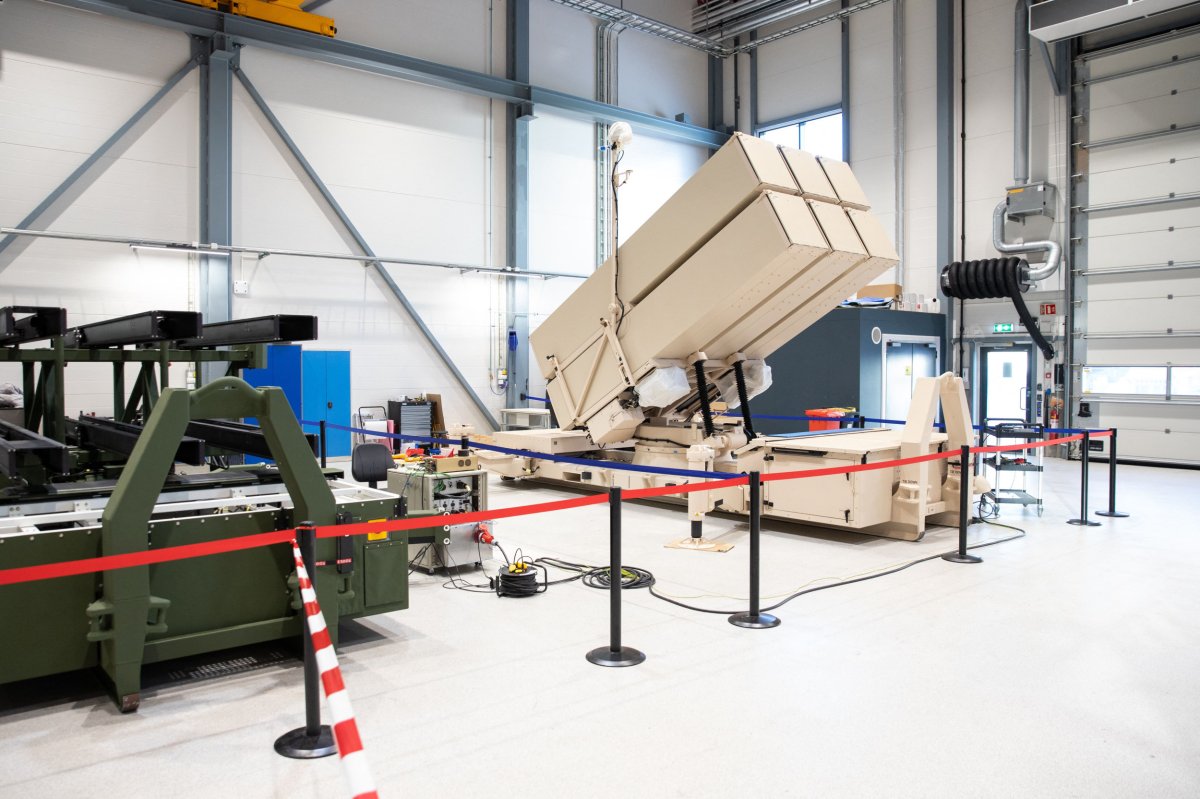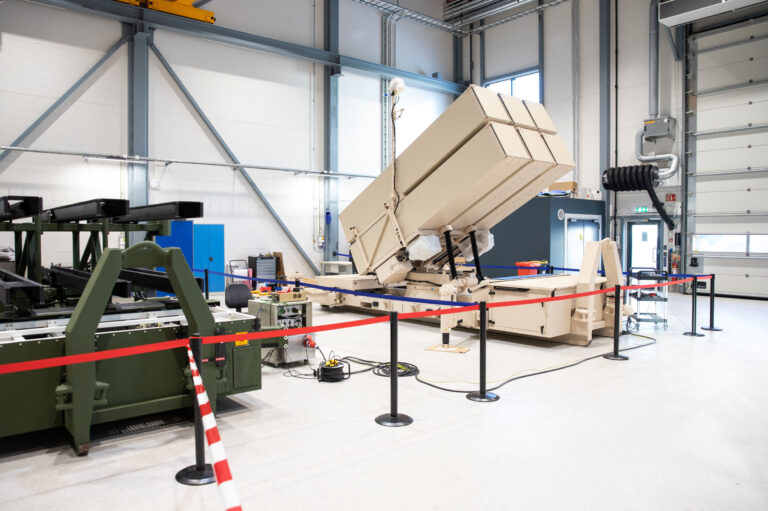U.S. military ties with long-time allies in the Middle East are being tested by China’s growing defense diplomacy across the region.
Just as Washington authorized the sale of a major arms package to Egypt in July, China also emerged as an alternative source of advanced military hardware to the North African nation that has been a major non-NATO ally to the United States since 1989.
Newsweek has reached out to the U.S. State Department and the Egyptian army for comment.
Why It Matters
Egypt is becoming a visible setting for the intensifying U.S.–China rivalry, where Washington views Beijing as its principal global rival. Cairo, long dependent on roughly $1.3 billion in annual U.S. military aid, remains an important security partner to Washington despite political difference over Gaza and Egypt’s increasing engagement with China.
Gulf and Arab states now see partnerships with China not as a shift, but as their right to diversify critical industries beyond an exclusive reliance on the United States, happening alongside major business deals with President Donald Trump.

PETTER BERNTSEN/AFP/Getty Images
What To Know
Egypt has been given the green light by the United States to purchase advanced weaponry that previously had been off the table to maintain Israel’s military edge in the region, in a sign that Washington may be shifting its stance toward its Middle East allies.
The U.S. State Department recently approved the sale of NASAMS air defense systems to Egypt in a package worth $4.67 billion. The deal includes 200 AMRAAM and 600 Sidewinder missiles as well as radars, launchers, command units and training.
“The potential delivery of NASAMS already represents a major breakthrough in the provision of advanced U.S.-made weapons to Egypt, with the offer of one of the most capable air defense systems in its class,” U.S. defense watcher Thomas Newdick wrote in July in the specialist military outlet The War Zone.
Since taking power in a 2014 after a military coup, President Abdel Fattah el-Sisi of Egypt has pursued arms diversification amid rising tension with the United States. He has pushed back against U.S. restrictions on upgrading Egyptian air force F-16 jets and voiced public frustration over Washington’s stance on Israel’s war in Gaza and on Trump’s “displacement” plan.
Cairo has shown a public interest in Chinese fighter jets like the J-10 and the newer J-35 in what could become realistic alternatives to U.S. air platforms. Egypt and China deepened military ties in 2025 with joint drills and expanded defense cooperation.
Last month, amid reports that America’s main regional adversary Iran could also seek Chinese jet fighters, Beijing said it was ready to “share the achievements of its equipment development with friendly countries.”
What People Are Saying
Sayed Ghoneim, a retired Egyptian army officer, told Newsweek: “Let’s keep in mind American companies’ insistence on not losing a buyer—especially when China stands arms wide open, trying to project that it enjoys closer ties with Egypt than the U.S. does.”
Hesham Elhalaby, a retired major general of the Egyptian air force, told Al-Mashhad in July: “The military message here is that Egypt still holds significant importance for the United States, and military cooperation continues despite some political differences. There is consensus in the U.S. administration on maintaining cooperation and modernizing Egypt’s defense systems.”
The U.S. Defense Security Cooperation Agency in a July notice about the NASAMS deal: “The proposed sale will improve Egypt’s capability to meet current and future threats by improving its ability to detect various air threats. […] The proposed sale of this equipment and support will not alter the basic military balance in the region.”
What Happens Next
Egypt and China may soon unveil more details about planned defense cooperation agreements, following the recent two-day official visit of Chinese Premier Li Qiang to Cairo in July.


